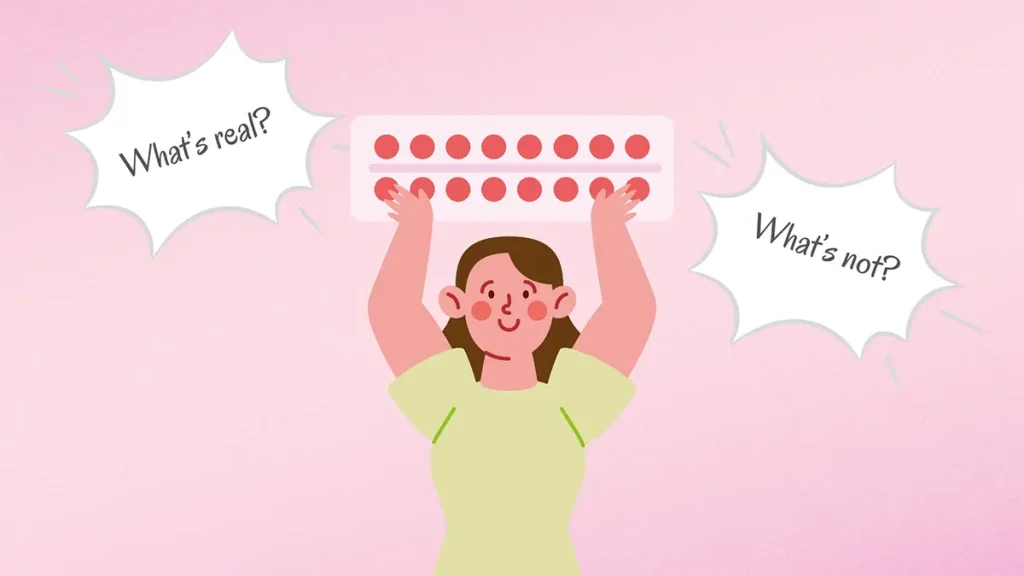Myths about emergency contraception are like urban legends – they spread quickly but are often far from the truth. Whether you’ve heard whispers of misinformation or are simply curious about the facts, it’s time to set the record straight.
Let’s dive into four common myths and debunk them once and for all.
Myth #1: “It’s the Same as an Abortion”
One of the most pervasive misconceptions is that emergency contraception is equivalent to an abortion pill. This is far from true. Emergency contraception, often referred to as the Yuzpe Method, works by preventing ovulation or fertilization. It does not terminate an existing pregnancy.
In contrast, abortion pills are designed to end an established pregnancy. The two serve completely different purposes and act in entirely distinct ways within the body. By understanding this critical difference, we can stop this myth from misleading others.
Myth #2: “You Can Take It Anytime”
Timing is everything when it comes to emergency contraception. While it’s designed to be a safety net after unprotected sex, it’s not a solution that can be used indefinitely. The effectiveness of emergency contraception decreases with time, so the sooner you take it, the better.
Most pills are effective within 72 hours, with peak effectiveness within the first 24 hours. Waiting too long significantly reduces the chances of preventing pregnancy. So, if you’re ever in doubt, don’t wait – act fast!
Myth #3: “It’s Bad for Your Health”
Many worry that taking emergency contraception could harm their health, but research shows that it is safe when used as directed. Like any medication, it may have side effects, such as nausea or a temporary disruption in your menstrual cycle. However, these are typically mild and short-lived.
Emergency contraception has been rigorously tested and approved by health authorities worldwide. Used appropriately, it’s a safe option for preventing unintended pregnancies.
Myth #4: “It’s a One-Time Solution”
Emergency contraception is a helpful backup, but it’s not meant to replace regular contraceptive methods. Relying solely on the Yuzpe Method isn’t practical or cost-effective for ongoing pregnancy prevention. Regular methods like birth control pills, IUDs, or condoms are more reliable for long-term protection.
If you find yourself frequently needing emergency contraception, it may be time to explore more consistent and effective contraceptive options with your healthcare provider.
Conclusion
Myths about emergency contraception can lead to confusion and unnecessary anxiety. By debunking these common misconceptions, we can empower individuals to make informed decisions about their reproductive health.
For more information or guidance on contraception options, talk to your healthcare provider or visit our Methods page to explore your choices. Let’s prioritize facts over myths and take charge of our health.
Reference/s:
World Health Organization. (n.d.). Emergency contraception. World Health Organization.
https://www.who.int/news-room/fact-sheets/detail/emergency-contraception








